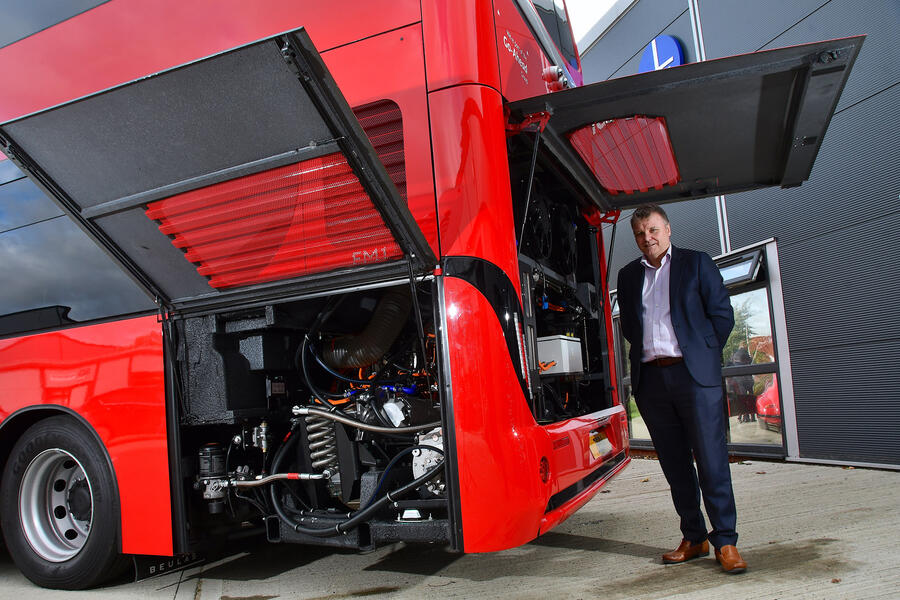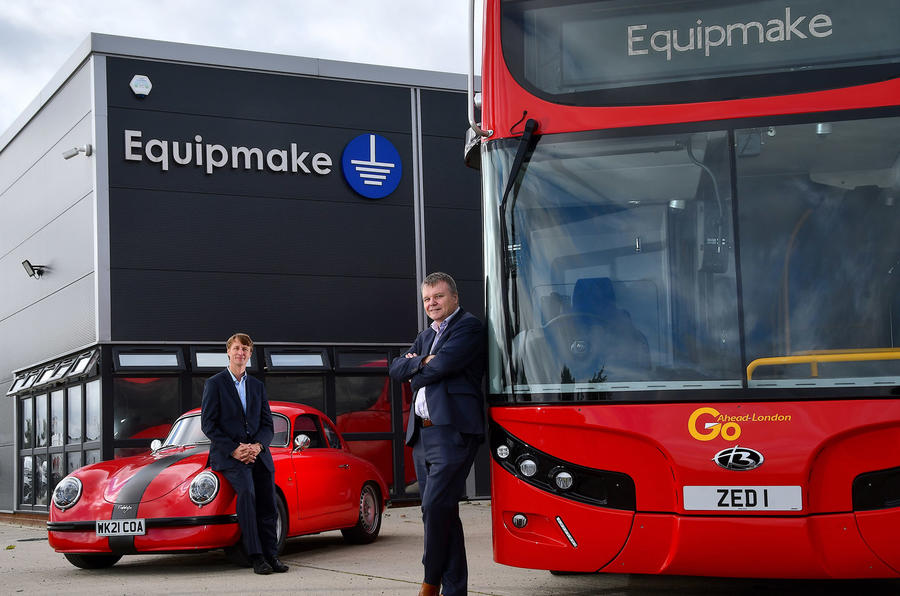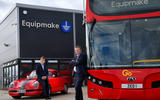Two fast-expanding British EV technology companies, WEVC and Equipmake, have set up a partnership aimed at providing much of the expertise and the hardware that niche vehicle manufacturers will need if they're to thrive beyond the UK government’s 2030 ban on new petrol and diesel cars.
At present, many of Britain’s low volume makers, who for decades have formed an enviable enthusiast community unique in the car world, face having to invest in post-2030 technologies on a scale that simply isn’t viable for their earnings and sales volumes. The WEVC-and-Equipmake link aims to offer them a variety of comprehensive, cost-effective solutions.
Newquay-based WEVC recently unveiled a lightweight and highly flexible architecture for low-volume EVs called Paces (Passenger and Commercial Vehicle EV Skateboard) and is in the process of proving its effectiveness by building a low-volume sports coupé that has reached final testing and will go on sale next year.
WEVC founder Neil Yates has built other cars of his own design and worked as a consultant on advanced vehicle projects including the forthcoming Ariel Hipercar.
Equipmake is a fast-expanding Norfolk firm that manufactures a wide variety of EV powertrain equipment, including a range of advanced, compact and light electric motors suitable for applications as diverse as sports cars and buses. It also has interests in the marine, aerospace and mining industries and writes the bespoke software needed to operate EV hardware.

Founded by its managing director, Ian Foley, the company is currently demonstrating the breadth capabilities by designing and building the complete powertrain – including batteries – for a double-decker bus, built by the Spanish firm Beulas, that's due to begin trials for use in London very soon.






















Join the debate
Add your comment
Good luck to them. Clearly, the UK is not a world-beater in terms of EV tech, but it's good to see these niche manufacturers are planning for the future.
Building powertrains for a Spanish bus manufacturer that's due to begin trials for use in London?
Does that mean their trialing it in London then the buses will be shipped back to whatever market they're destined for, or are we saying that London Transport is buying them? The electric buses TFL currently run are built right here in the UK, why the need to ship bodies from Spain?
This is so good to see. Properly exciting cars for the post ICE world. I can't wait. It would be great to see some well engineered and affordable conversion kits for popular classics too - although it's a different challenge I appreciate.